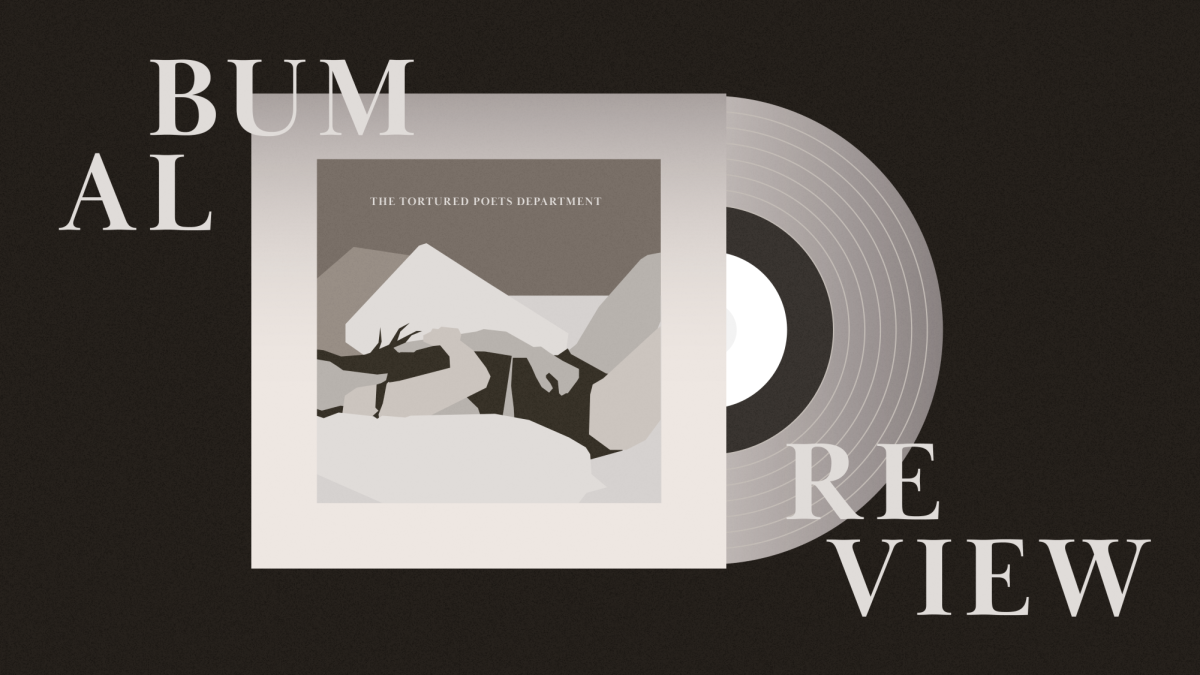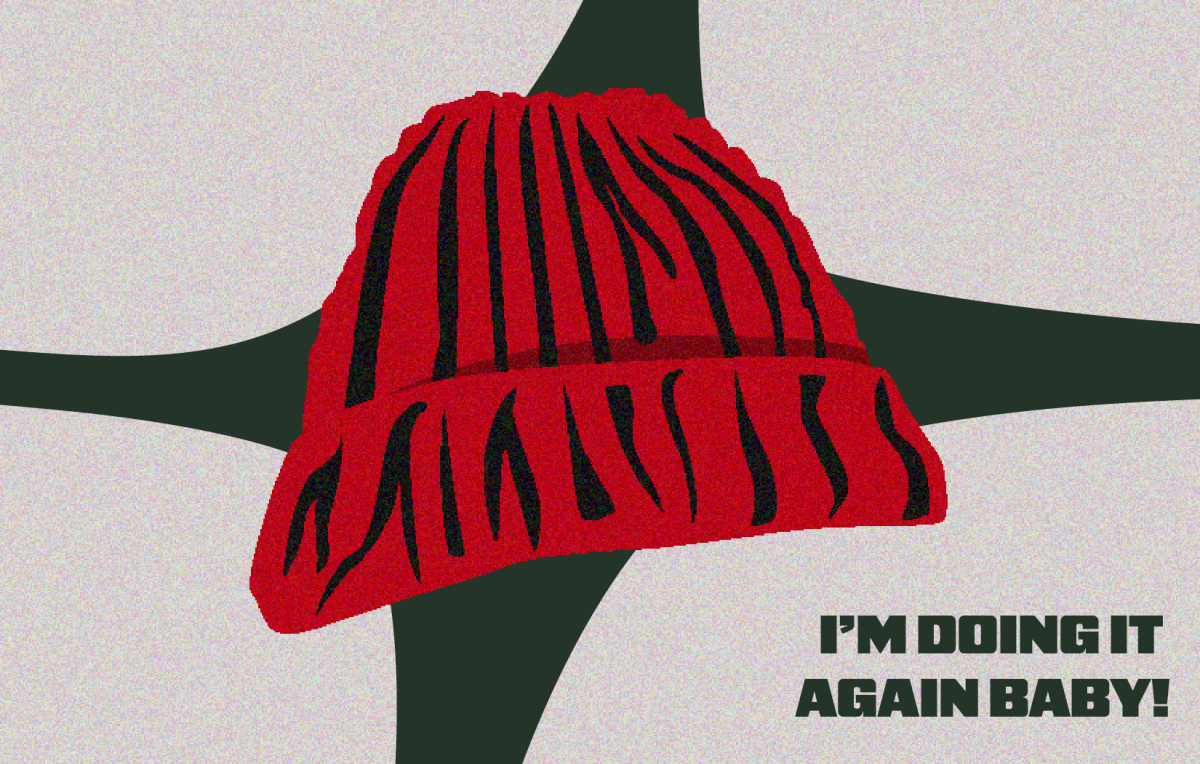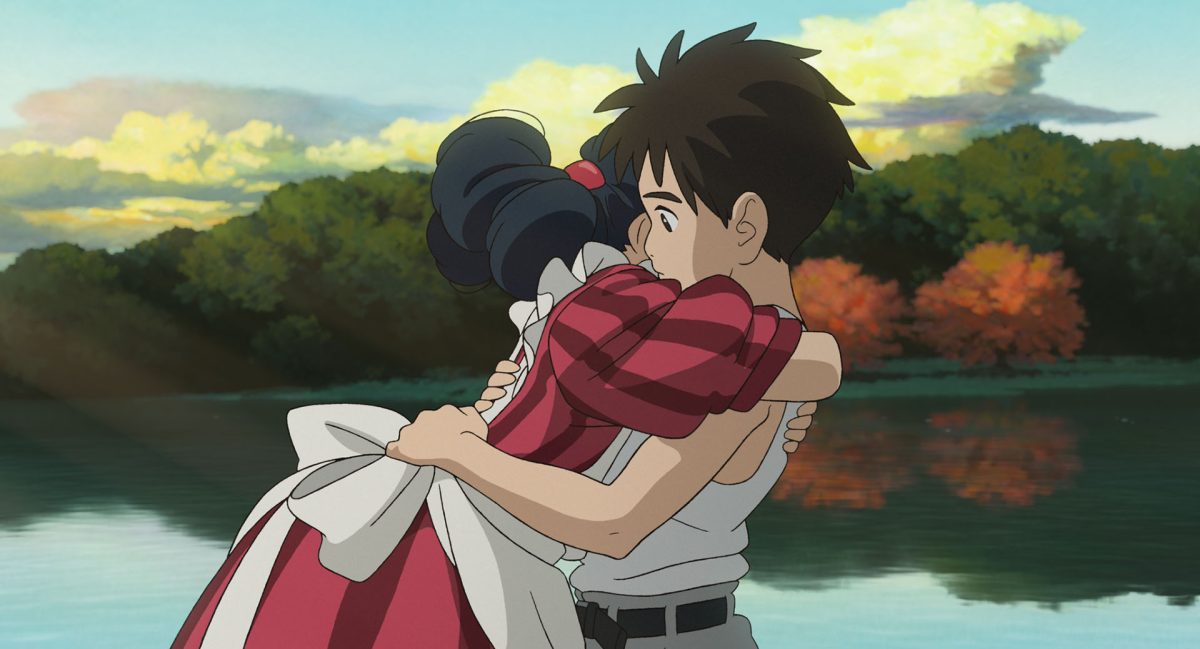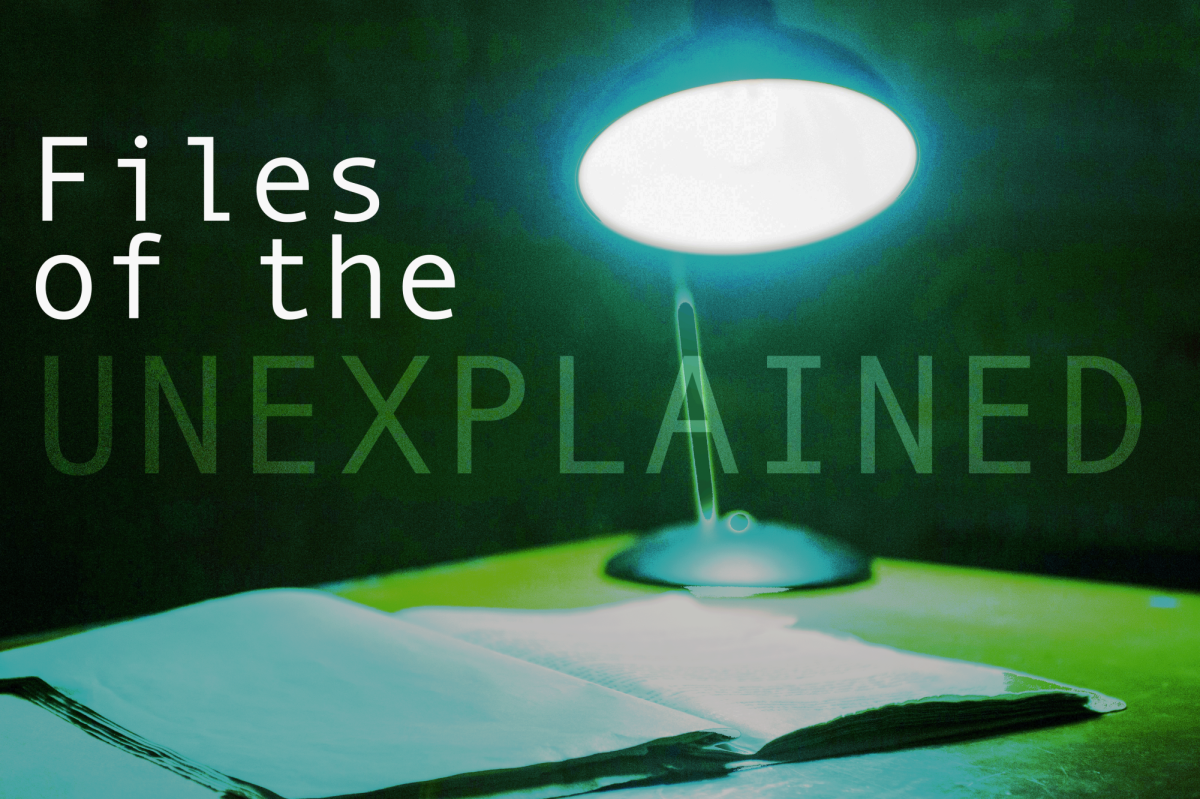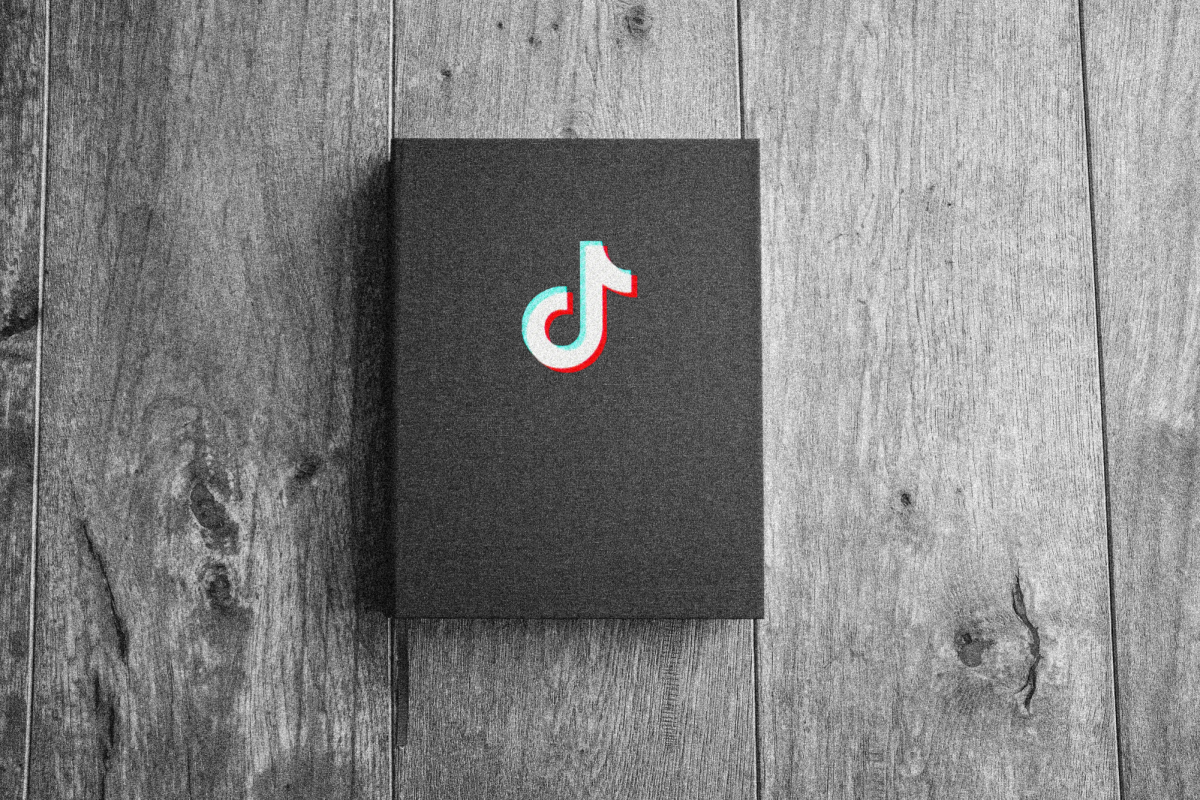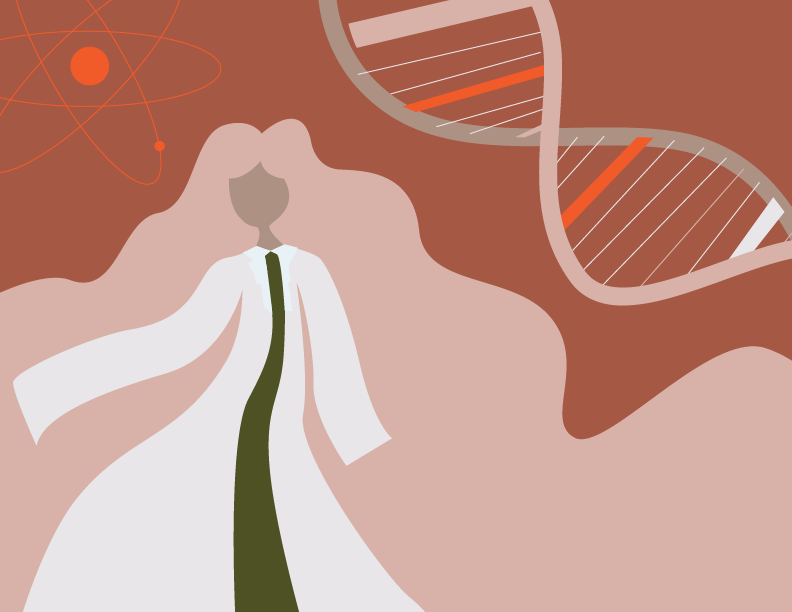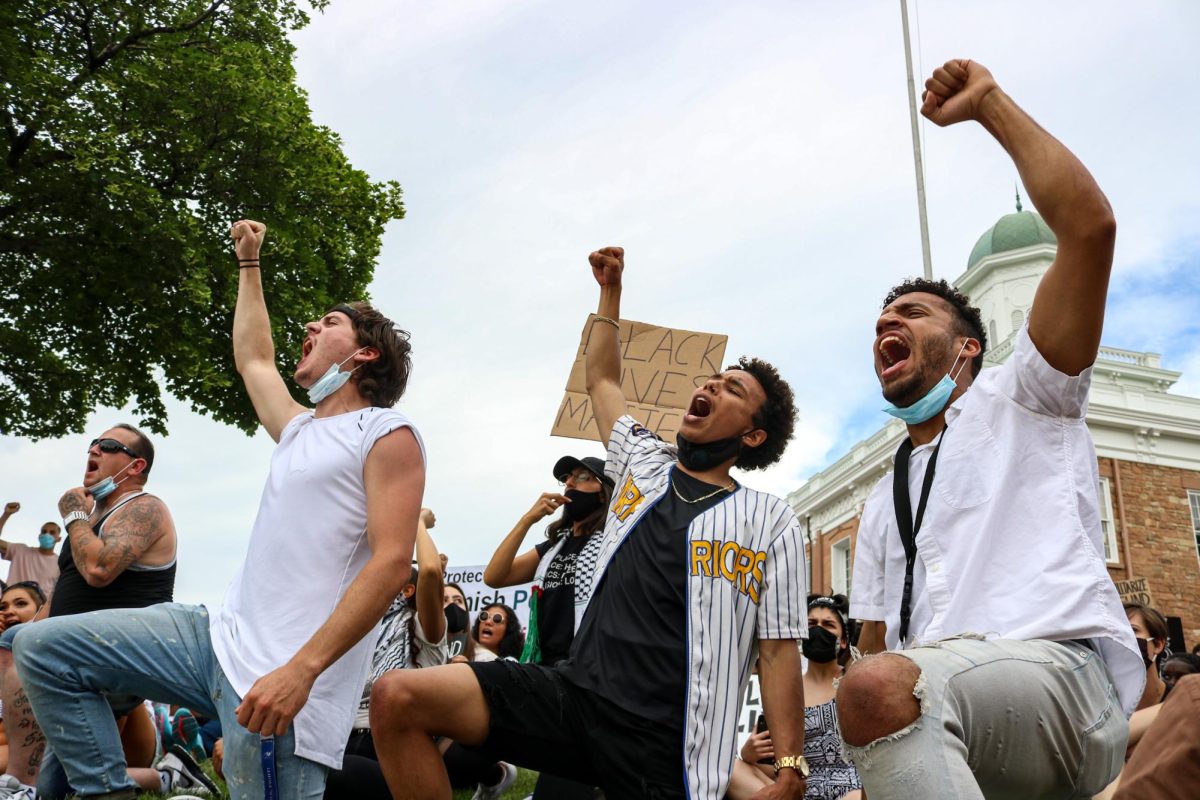Utah harbors a radical working-class history that white-washed Mormon narratives of colonialism overshadow. Immigrants and nonwhite union organizers largely fostered Utah’s labor movement. The predominantly Mormon state saw people of color organizing and providing mutual aid as a threat to their power. To this day, Utah police vehemently deny claims that the murder of Black and gay organizer Anthony Adams could have anything to do with hate or politics.
Their hostility towards unions and preferential treatment of the church and affiliated corporations carries forward to our present day. Even in its geographic divides, Utah feels the tension of inter-ethnic conflict. This dominant culture demonizes other ways of understanding power.
In Salt Lake City counterculture, hip-hop is an accessible source of quick communication, social connection and interracial culture — the voice of change. Rap is a critique of power. In rhythm and poetic protest, the resistance of Black and Indigenous artists is the decolonial soundtrack of revolution.
Utahns Feel the Groove
Authenticity and hip-hop remain in high demand among young Utahns, even as the only hip-hop radio station in Salt Lake became a throwback platform in recent years.
Tyeson Rogers, the brother of local hip-hop artist Icky Rogers, knows hip-hop as an inspiring art form rooted in Black American culture. As a biracial Black and white Utahn, he identifies hip hop as an important confrontation of preconceived notions about Black Americans. Rogers said music is powerful because, “it can influence how you feel.” He believes there are few things that humans go through that are truly unique. In this, we have more in common with one another than we may realize.
The irony of racism positioned in opposition to hip-hop is that “hip-hop is coveted,” Rogers said. No matter which way you cut it, white Americans are the majority of rap consumers. Rogers described the gift of loving music as “a very Black experience.” The existence of Black art in America is resistance.
Kyle Rehn, a scholar pursuing his Ph.D. in social work at the U, experienced the hip-hop genre as an awakening source of protest knowledge about other places and people. “I’m forever grateful for the genre and will always be a huge advocate for it because of all the great things that it’s done for me,” Rehn said.
Shedding Light on Real People’s Lives
Poverty presents as an overarching theme throughout all of hip-hop’s history. Content about coming from poverty and coping with economic disempowerment makes listening to rap a visceral experience that crosses cultural bridges and even connects people across nationalities. Akon’s “Ghetto” is a direct inspiration to Indigenous artist Mattmac. His rendition “Rez” draws parallels between Black American ghettos and Indigenous reservations. Mattmac repeats the lyrics, “That’s the life we are living in the Rez,” which points to the unique structural deprivation featured on reservations.
Racialization becomes a more immersive reality to non-Black and non-Indigenous listeners if they choose to recognize the struggle and the experiences of BIPOC through hip-hop.
Dominant American culture maintains a complicated relationship with Black music that flexes material success and sexual exploits. The lives of gangsters are stereotypically noted as the most alarming features of rap culture, but every individual has the right to express their truth to speak back to power. Ultimately, the use of hip-hop across music scenes fosters empowerment and validation for people whose stories are traditionally erased and white-washed.
Hip-Hop Informs the Masses
Underground street culture doesn’t have to be restricted to the night or indie art scenes. Hip-hop is the empowerment of the disempowered and a tangible source of energy, even in the face of racial stigmatization. “[Black people are] seen as some of the most powerful people in our society because we achieved things without power,” Rogers said.
Economic disempowerment must be addressed to effectively advocate for workers’ empowerment. For example, Rehn is an instructor at the U’s Master of Social Work Program who uses Kendrick Lamar’s song “Mother I Sober” to teach about trauma. Students seeking to become therapists benefit directly from hearing pain through the voices of hip-hop artists, who function to give voice to the voiceless. Rehn said the messages contained within hip hop are “messy, just like we all are … That’s what makes us unique.”
Hip-hop makes a tradition of challenging oppression with condensed lyricism and multiplied meanings. An artist can speak volumes in one rap song.
“You’re able to get a novel rather than a Cliff Notes version. It’s so powerful, and it’s so cool to see it,” Rehn said. He added hip-hop prompts consideration of “things that we should challenge and things that we should think about.”
Make The Powers that Be Change Their Tune
Radically progressive songs in the hip-hop genre make their way as Black liberation anthems and protest anthems alike. Racialized and class-based oppression create a reserve of repressed working-class Americans. Those in power want to keep people trapped in poverty to set a standard of institutional abuse. If the government and corporations maintain disrespect toward the disempowered, they can justify keeping wages for everyone lower. The villainization of an entire genre of music follows a specific agenda of worker suppression.
Hip-hop is a way to express that “they did not break me and they don’t have to break you,” Rogers said. The powers that be are the ones who stand to benefit from keeping the general masses ignorant.
We must take cues from artists and revolutionary thinkers who point out injustice and imagine more equitable ways of structuring society.


